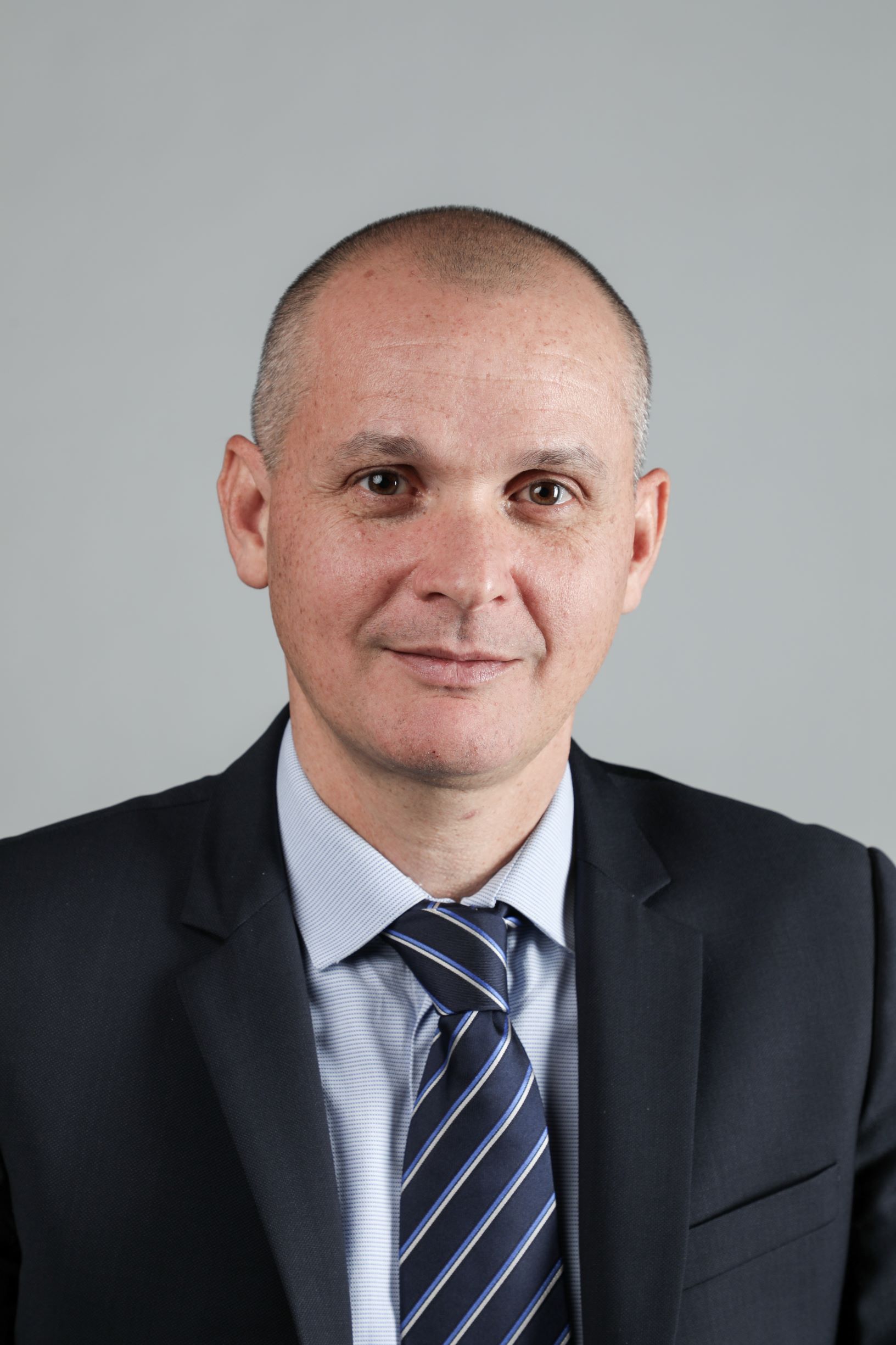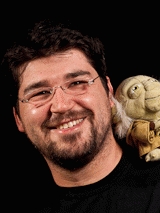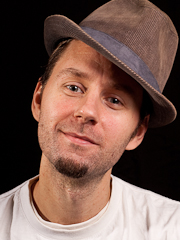Finite Elements accurate models with high performance computations

Since its creation 14 years ago, LSMS has always made open source a priority to ensure reproducibility, as well as rigorous and collaborative coding practices.
What?
A C++ library, for Finite-Element modeling (damage, contact and micro-mechanics), with high performance computations – available under the LGPL licence.
Why Open?
For Prof. Jean-François Molinari, the open-source philosophy is important for any scientific software project evolution. The collaboration permitted by shared codes enforces sanity when users can criticize the implementation details. Open-source fosters reproducibility, which is a priority for science of good quality, as well as rigorous and clean coding practices. Akantu was born with the vision to associate genericity, robustness and efficiency while benefiting the open-source visibility. It facilitates collaboration, and disseminate the tool beyond EPFL, as phD graduate and continue as their career evolves, to use and build on the toolbox.
Who benefits?
Akantu goes well beyond all comparable commercials code (such as Ansys), in complexity of the modules. As such, it benefits the research community in Swizerland and across the world, with users in Israel (Yazd University, Israël Institute of Technology), India (Indian Institute of Technology in Bombay, Guru Nanak Dev Engineering College), the US (e.g., Cornell, JHU), Iran (University of Tehran), China (e.g., Chinese Academy of Sciences, Xidian University in Shaanxi, Hebei University), Singapore (NUS), Australia (Monash University), Vietnam (Ton Duc Thang University)… It can also be perfect for educational purposes, in particular thanks to the “plug-and-play” tutorials developed to facilitate usage.
How?
Prof. Molinari has always made open source a priority to ensure reproducibility, as well as rigorous and collaborative coding practices. Since its creation 14 years ago, his lab has always had a full-time engineer working on Akantu to ensure quality community management, documentation and code maintenance, user support, annual releases. To support the cost of all this effort open-source requires, Prof. Molinari had to innovate with creative funding sources to support Akantu: he is now setting up a steering committee of users who will financially contribute to the software maintenance and community support.
Contacts:


